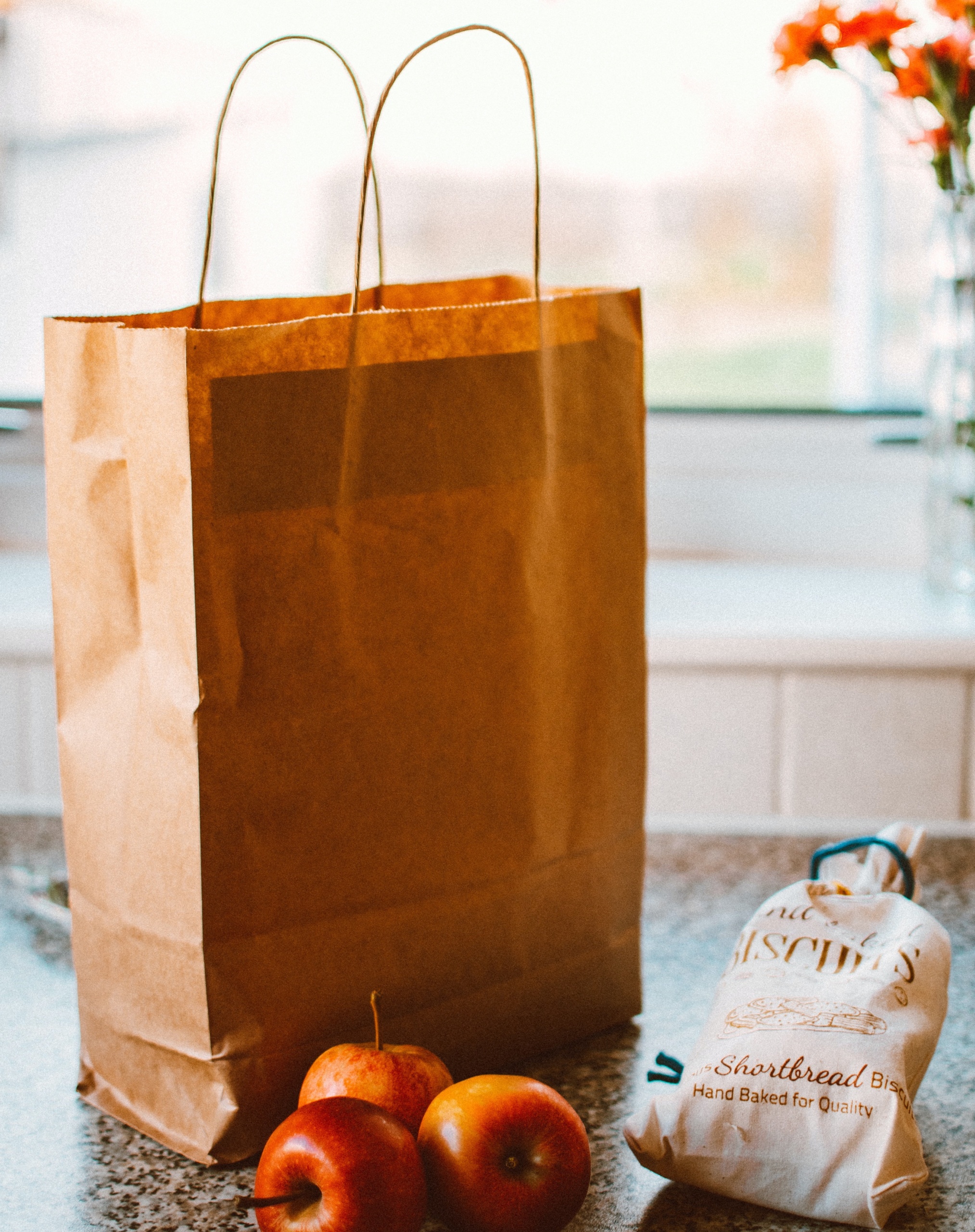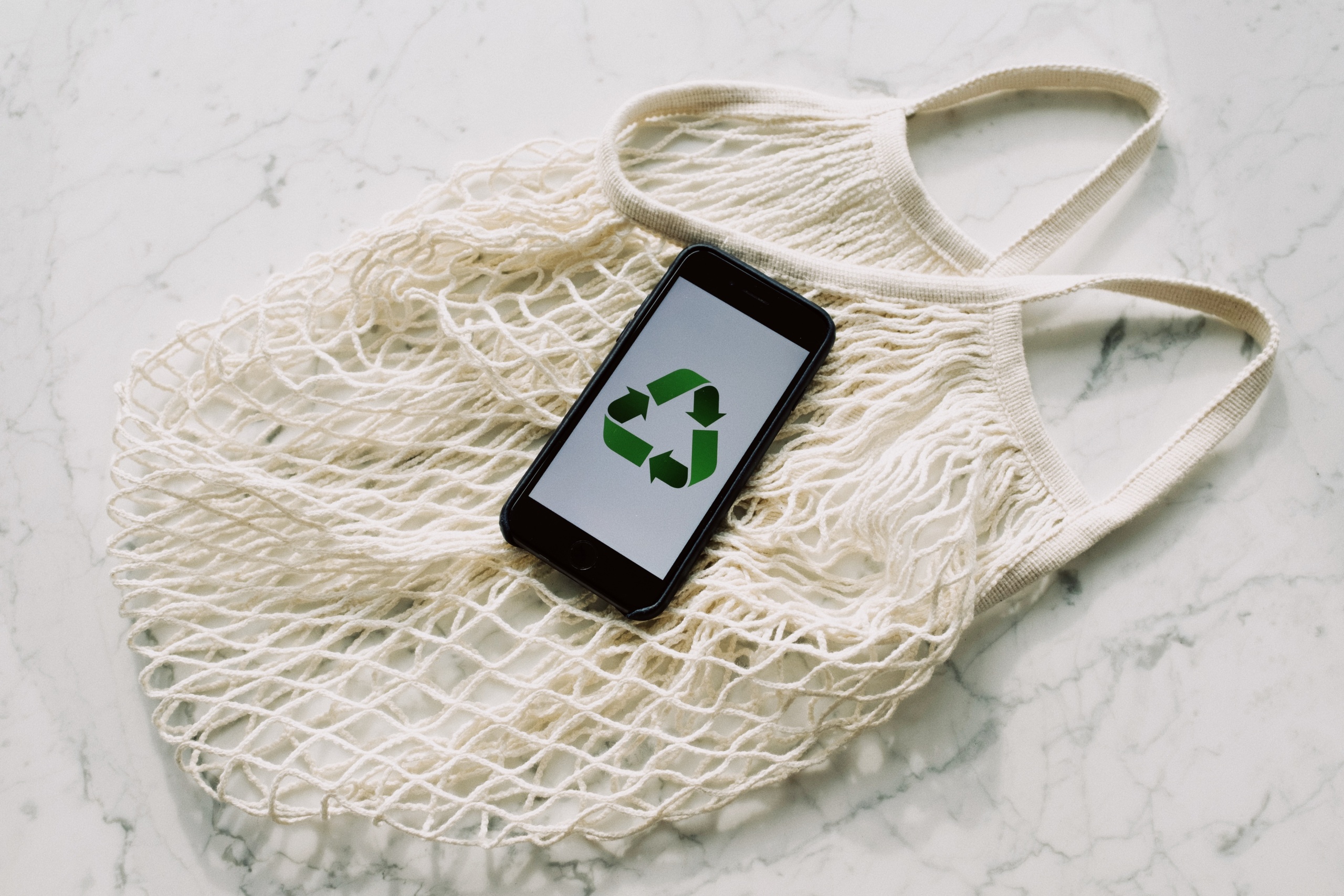Consumers are paying more attention to the packaging used for the products they buy.
This means that brands are having to review their processes by offering new, more eco-friendly solutions to help consumers on this path: 70% of European consumers questioned during a survey in March 2020[1] said they are actively taking steps to reduce their use of plastic packaging. Not surprisingly, consumers prefer paper and cardboard, mainly because it can be composted at home (72%), it is easier to recycle (57%), and more generally better for the environment (62%). Glass is preferred for factors such as reusability (55%) and product protection (51%).
This increase in awareness is accompanied by a legal framework: the AGEC (anti-waste) law enacted on 10 February 2020 provides for a ban on single-use plastic packaging on the market by the end of 2040 via a four-step process. This is a major step to fight waste and will have an impact on all production and distribution channels. It provides further motivation, in addition to each manufacturer’s own convictions, to be even more inventive in seeking more environmentally-friendly innovations.
We take a closer look at the suppliers who have made green packaging their core business.
Packaging from recycled materials
- Actipack makes packaging for health & beauty and food products. The company was awarded the first European label – the MORE label – for the third year in a row by Polyvia, which recognises the action of plastic manufacturers in favour of the circular economy and the integration of recycled plastic in their production. Actipack’s responsible materials are recycled PET (or R-PET) and bio-sourced PET.
- In its range of cosmetics and hygiene packaging, Pulvorex has a line made with R-PET and R-HDPE (high-density polyethylene) as well as a COSMOS/Ecocert-certified mono-material range.
- Sequoia Factory produces eco-responsible displays, POS advertising and advertising objects. Its chosen materials are wood, recycled cardboard, recycled textile materials, PLA, R-PET, plant fibres, cork, bamboo, compostable or soluble materials.
Bio-sourced and compostable solutions
- Adypack re-sealable pouches are lightweight and portable. Made entirely of film-covered brown paper, they are fully compostable. The pouch is sealed and can be re-sealed after opening by folding. They can be used for dried fruits, coffee, spices, washing powder, tea, etc.
- Carbiolice is determined to face up to a major environmental challenge: plastic pollution. Through the development of biodegradable and compostable plastic solutions, the company offers an alternative with Evanesto®. This innovative solution transforms bio-plastic into compost, even at home. In 200 days, the plant-based plastic disappears, without micro-particles and without any harm to the compost. Carbiolice is protected by around 20 international patents for its innovation.
- Micropap Vegepap proposes high-tech coated papers, Micropap®and Végépap®, the result of several years of research. With minimal impact on the environment, they are made with virgin cellulose fibre from PEFC and FSC-certified wood. Both types of paper, coated with plant or mineral wax, effectively protect the organoleptic qualities of the food products. As they are compostable, they are part of the move towards a circular economy.
- Israeli company Tipa Corp took inspiration from nature to create packaging that imitates plastic but is completely ecological. This innovative film, made from a mix of compostable polymers, can be used in machines that use traditional plastics, which means that brands can easily adopt it on an industrial scale. Transparent and printable, it efficiently protects food products.
- Vegeplast is specialised in making bio-sourced and biodegradable items. Its raw material, Végémat®, suitable for food contact, is made of cereals, oilseed plants, and fibre plants. Using this innovative material, Vegeplast designs biodegradable packaging by composting: pots, lids, capsules, etc.
Zero-waste and reusable initiatives
To avoid generating waste, even recyclable or compostable, some companies opt for reusable packaging. Alterosac makes everyday textile products – shopping bags, napkins, bibs, bowl covers, storage baskets, etc. The items are made by hand in its workshop in Haute-Savoie (eastern France) and by a social workshop in Ile-de-France. It uses only linen, hemp and cotton, certified GOTS by Ecocert.
How to truly assess recyclability
Once brands are certain of the theoretical recyclability and compostability of their packaging, it is essential to consider the recycling channels to be sure that the packaging can actually be recycled and/or composted.
For this purpose, the non-profit organisation Citéo provides companies with a recyclability assessment tool, allowing them to independently assess the level of recyclability of their packaging. This method is based on two essential and brand new criteria: the operational definition of a recycling channel (to assess whether the channel actually exists or is in development) and the calculation of the recyclability of household waste. The method has been designed to take into account developments in collection, sorting and recycling systems in France. Its aim is to provide a reference frame for the French market and lay the first stone for European-wide standardisation.
These companies are all part of the Natexpo community, the next edition of which will be taking place from 18 to 20 September 2022 at Eurexpo Lyon.
[1] European Packaging Preferences 2020, survey conducted on 5,900 European consumers on-line in March 2020 by the Toluna institute, on behalf of Two Sides – https://www.twosides.info/documents/research/2020/packaging/European-Packaging-Preferences-2020_EN.pdf









